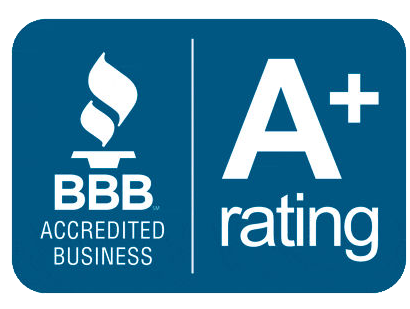Understanding the difference: Sudden Cardiac Arrest vs heart attack
When it comes to heart related emergencies there’s often confusion between sudden cardiac arrest (SCA) and a heart attack. Although both are cardiac emergencies that require immediate medical attention, they are different in causes, symptoms, and treatment. In this blog post we are going to lay out the differences and provide essential information to help you respond effectively in an emergency.
What is Sudden Cardiac Arrest (SCA)?
Sudden cardiac arrest is a medical emergency that occurs when the heart suddenly stops beating due to an electrical disturbance. This abrupt stop causes an end to blood flow to the brain and other vital organs. Without immediate aid, SCA can lead to death within minutes.
causes of sca
SCA is often caused by an electrical malfunction in the heart that results in an irregular heartbeat (arrhythmia). The most common life-threatening arrhythmia that leads to SCA is ventricular fibrillation. In ventricular fibrillation, the heart's lower chambers quiver ineffectively instead of pumping blood, stopping blood flow to the body's organs, including the brain. If not treated immediately, SCA can lead to death.
What is a Heart Attack?
A heart attack, also known as a myocardial infarction, happens when blood flow to a part of the heart is blocked for a long enough time that part of the heart becomes damaged. The blockage is often a result of coronary artery disease, which is a build-up of plaque in the arteries.
Causes of a Heart Attack
Heart attacks are commonly caused by plaque buildup in the coronary arteries rather than an issue with the heart itself. Someone experiencing a heart attack might experience radiating pain, shortness of breath, nausea, lightheadedness, or cold sweats.
Key Differences between sca and a heart attack
- Cause: SCA is primarily an electrical issue, whereas a heart attack is a circulation problem.
- Symptoms: A heart attack is often preceded by chest pain, discomfort, and other symptoms, while SCA results in immediate loss of consciousness and pulse due to the heart's failure to beat.
- Treatment: SCA requires immediate CPR and defibrillation to restore the heart's rhythm, while a heart attack needs medical intervention to restore blood flow.
how to be prepared
Emergency preparedness for SCA and Heart Attacks is crucial in our society as they can both occur anywhere at any given time. Recognizing the signs of these emergencies, having an AED readily available, and being trained in CPR all can help increase the chances of survival for a victim until professional help arrives. At AED Professionals, we ensure a commitment to top-tier quality, expertise, and comprehensive customer support. View our product offerings or if you have any questions contact our team and we will be happy to assist you.
References:
American Heart Association. (2023, May 16). Heart Attack and Sudden Cardiac Arrest Differences. Retrieved February 10, 2023, from https://www.heart.org/en/health-topics/heart-attack/about-heart-attacks/heart-attack-or-sudden-cardiac-arrest-how-are-they-different
UC Health. (2023, January 2023). Know the Signs, Help Save a Life: Sudden Cardiac Arrest vs. Heart Attack. Retrieved February 10, 2023, from https://www.uchealth.com/en/media-room/articles/know-the-signs-help-save-a-life-sudden-cardiac-arrest-vs-heart-attack












